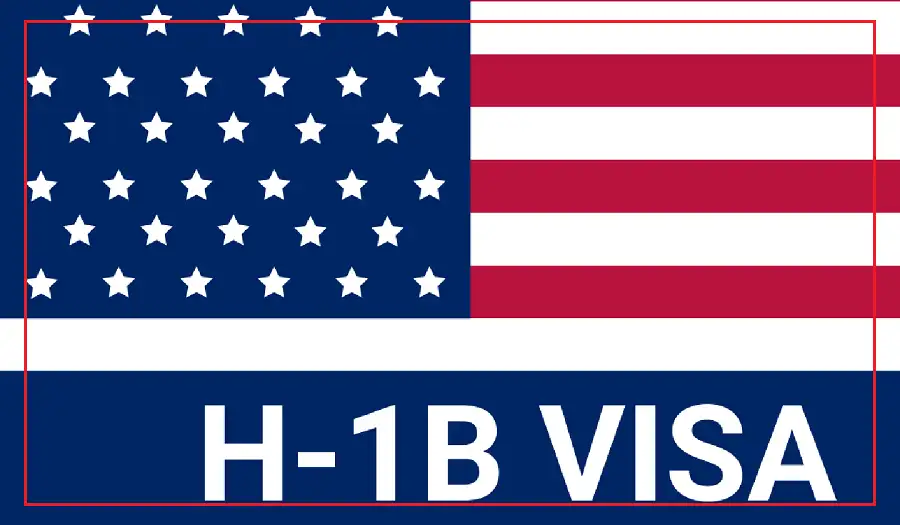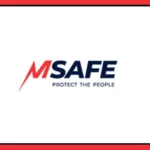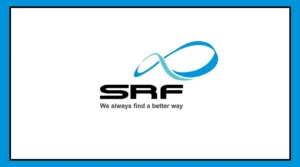New H-1B Visa Fee Hike: US President Donald Trump has announced a new order imposing an annual fee of $100,000 on H-1B visas.
This sudden hike has created panic across the corporate world. Ahead of the new rules coming into force, major firms including Microsoft and J.P. Morgan have advised their employees holding H-1B and H-4 visas to return to the US immediately.
Companies issue urgent advisories
According to an internal email reviewed by Reuters, Microsoft on Saturday directed its employees to remain inside the US.
The advisory stated: “H-1B visa holders should remain in the US from now on. H-4 visa holders are also advised to remain in the US. We strongly recommend all H-1B and H-4 employees return to the US by tomorrow, ahead of the deadline.”
Similarly, J.P. Morgan has issued instructions to its global staff, asking employees with these visas to return without delay.
Amazon has also released a warning, urging its H-1B and H-4 visa holders to avoid international travel for now.
⚡ BREAKING: Microsoft asks all its foreign staff to return to US by Sunday after Trump’s H1-B bombshell:
Microsoft has urged its H-1B and H-4 visa employees to promptly return to the United States before the September 21 deadline. This follows President Trump’s announcement of… pic.twitter.com/lcvvJNNEG6
— OSINT Updates (@OsintUpdates) September 20, 2025
What is Trump’s new order?
On Friday, President Trump signed an executive order that not only raises the H-1B visa application fee to $100,000 annually but also imposes restrictions on entry for H-1B holders.
The new policy will come into effect from September 21 at 12:01 am EDT (9:31 am IST).
The US State Department and Homeland Security have been instructed to reject any applications that do not comply with the new rule. This order will remain valid for at least 12 months.</p
⚡ BREAKING: JPMorgan has asked H1-B visa holders currently outside the United States to return before 12:01am ET on September 21, following a new directive from President Donald Trump that requires companies to pay an annual fee of $100,000 for each H-1B worker.
— OSINT Updates (@OsintUpdates) September 20, 2025
Why Indian professionals will be hit hardest
The impact of this order is expected to fall most heavily on Indian workers. According to US government data, 71% of H-1B visas were issued to Indians last year, compared to 11.7% for Chinese professionals.
Indian IT giants like Infosys, Wipro, Cognizant, and TCS have long depended on the H-1B program to send engineers to the US for client projects.
With the steep fee hike, companies may find it financially unviable to send junior or mid-level staff to the US.
Experts warn this could lead to a major setback for both Indian professionals and American companies that rely on them.

























